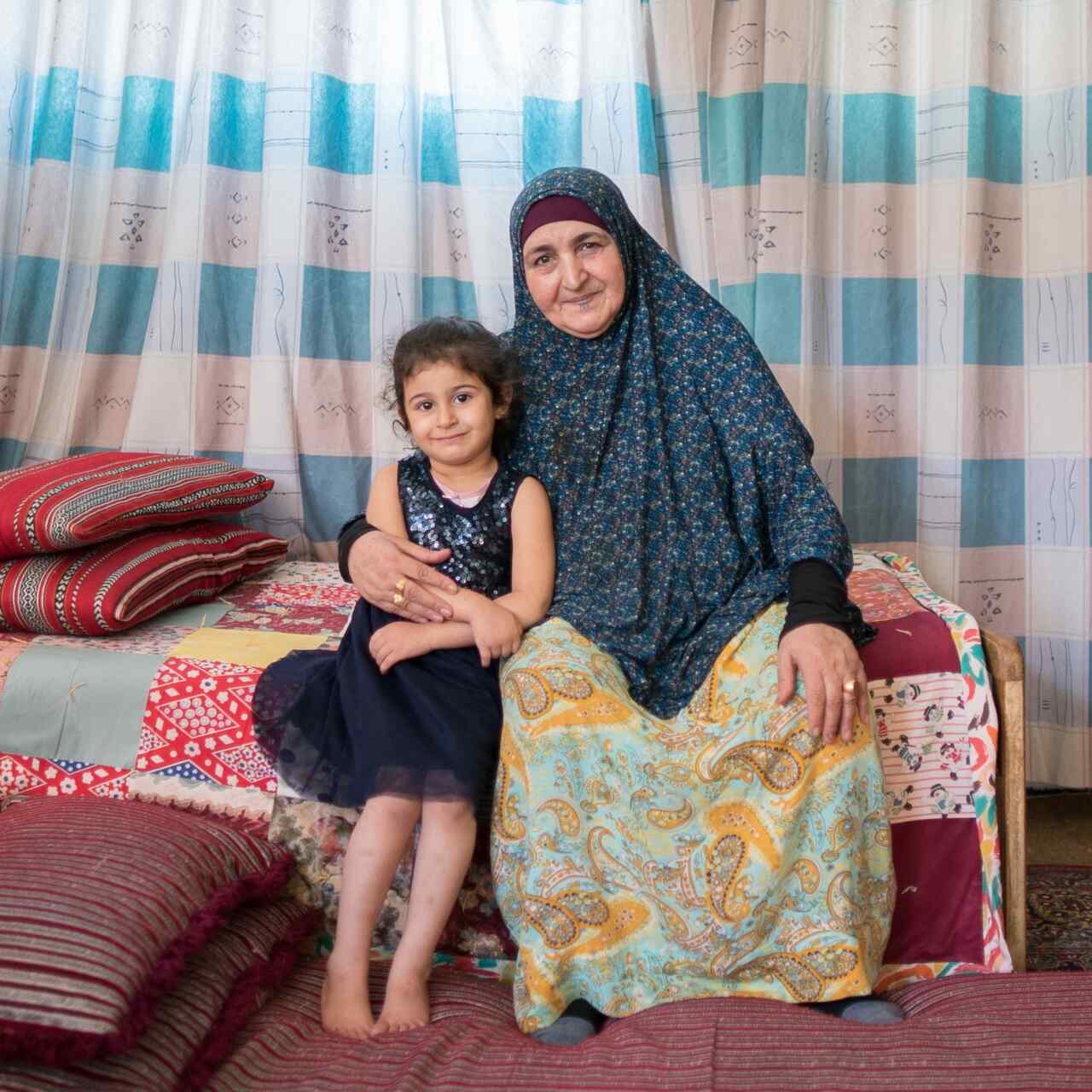Country facts
- Population: 11.3 million
- 1.3 million Syrian refugees hosted
- Rank in Human Development Index: 98 out of 204
IRC response
- Started work in Jordan: 2007
- People assisted since 2018: 1,460,000

The International Rescue Committee provides crucial range of support to refugees in Jordan, and the communities that host them.